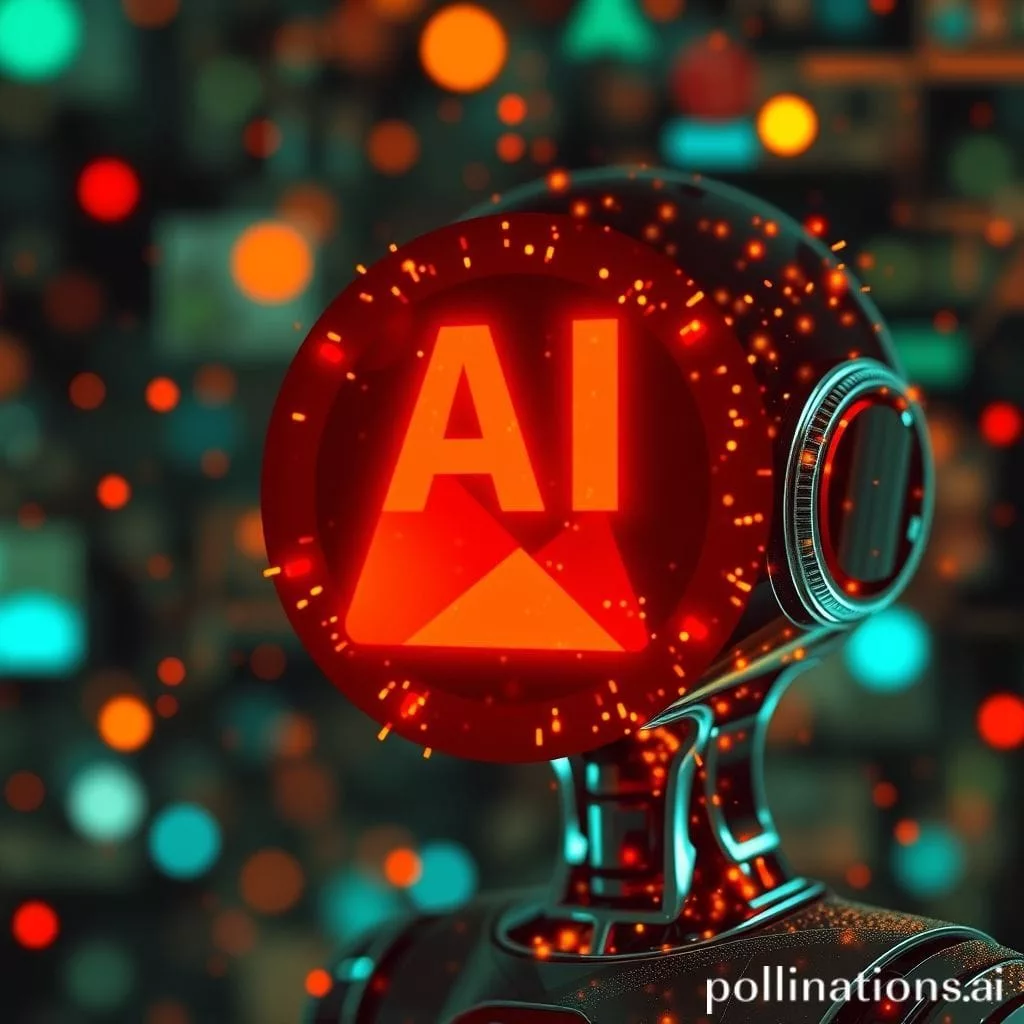Artificial intelligence advancement has sparked compelling debate about its implications for content creation. In an age where AI generates text, images, audio, and video closely resembling human-made content, misinformation potential has become critical concern. With deepfakes and synthetic media rise, authenticity questions are more pressing than ever. This post delves into AI-generated content’s intricate web and its implications for truth in the digital age.
Power of AI in Content Creation
AI technologies use deep learning and neural networks to produce content easily tricking the human eye. OpenAI’s GPT models create coherent articles mimicking human writing styles. Tools like DALL-E generate stunning visual art from text prompts. According to
MIT Technology Review, AI-generated content quality has significantly increased, leading to greater concerns about journalism and information integrity impacts.As more professional industries adopt these technologies, differentiating between human and AI-generated content becomes increasingly difficult, prompting necessary examination of potential misuse.
Deepfakes and Their Dangers
Deepfakes represent one of AI’s most controversial applications. By synthesizing video and audio creating realistic fake representations, they risk reputations and democratic processes. A
Brookings Institution report outlines how deepfakes can be weaponized, inciting division and chaos during elections, undermining trust in media.Malicious deepfake use can severely deceive voters or mislead the public during national crises. Recognizing these threats is vital for governments and technology developers.
Misinformation Campaigns: New Era
Misinformation campaign potential using AI is formidable. As AI-generated content becomes accessible, malicious actors craft indistinguishable narratives manipulating public perception. A
European Union vs Disinformation project report highlights how AI amplifies misinformation across social media platforms, spreading false information quickly and effectively.This has sparked discussions about implementing new regulatory frameworks to manage AI solutions and protect democratic processes.
Social Media Platforms Role
Social media platforms bear significant responsibility combating misinformation. Major platforms like Facebook and Twitter employ AI-driven algorithms detecting and reducing false content visibility.
Pew Research Center research indicates although these efforts yield results, they haven’t eliminated misinformation spread entirely.Transparency in content moderation practices and commitment to ethical AI use is essential for regaining public trust. Collaboration with independent fact-checking Companies bolsters efforts against false narrative proliferation. Addressing these challenges requires comprehensive
AI governance and regulation frameworks that balance innovation with public safety and accountability.
Legal Implications
As content creation landscape shifts, legal frameworks must evolve alongside technological advancements. Questions around copyright, accountability, and ownership of AI-generated content necessitate urgent attention. Can AI-generated content be considered intellectual property of the user, developer, or should it remain unregulated?Legal scholars argue existing laws may not adequately address these emerging challenges. AI tool growth raises concerns about ethical considerations surrounding privacy and informed consent.
Future of AI and Content Authenticity
Looking forward, enhancing content authenticity is paramount. Several Companies are developing technologies helping verify content sources and identify AI-generated materials. Initiatives such as the
Content Authenticity Initiative aim to build standards promoting transparency in creator identity.Public awareness campaigns can educate users about misinformation potential hazards, equipping them with critical skills to discern fact from fabrication. Education is essential in preparing society to navigate complex AI content terrain.
Conclusion
While AI-generated content presents remarkable opportunities, it simultaneously raises array of challenges. Deepfakes and misinformation campaigns impact threatens democratic dialogue foundations and public trust.so, it’s crucial for stakeholders—legislators, tech innovators, and the public—to engage in thoughtful discourse about ethical implications and regulatory measures necessary to govern AI advancements. Building collaborative approach can pave way for future where technology enhances creativity while safeguarding truth and authenticity.
Further Reading
